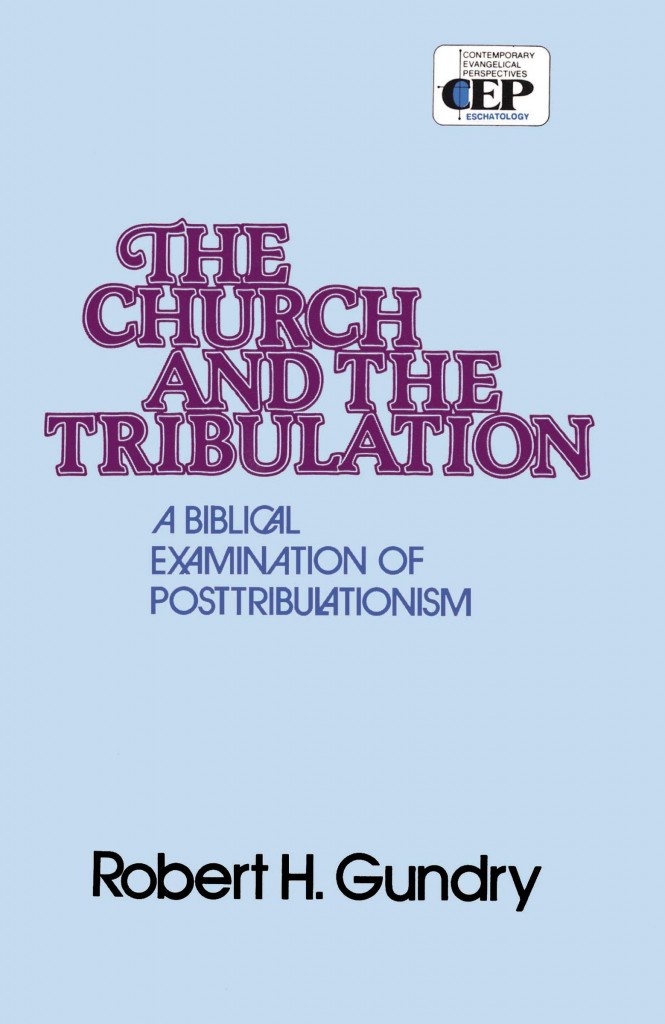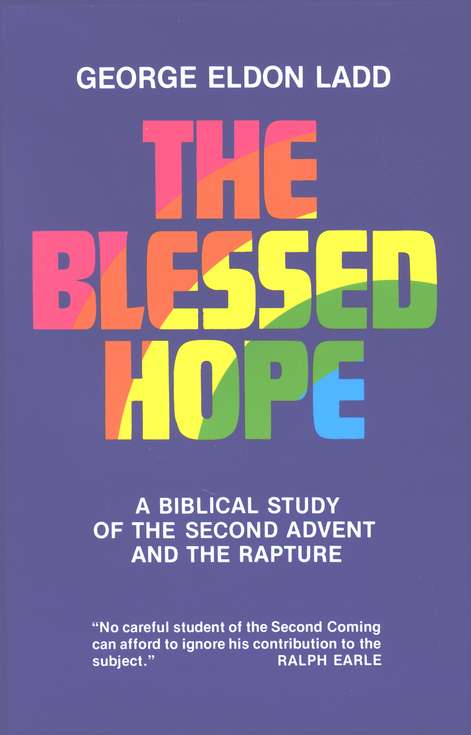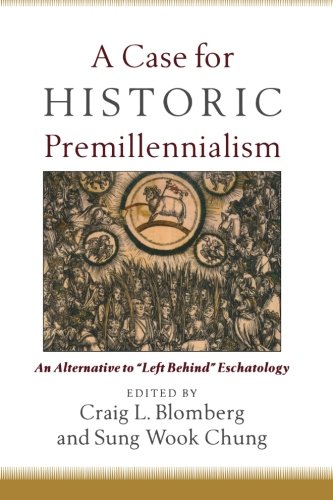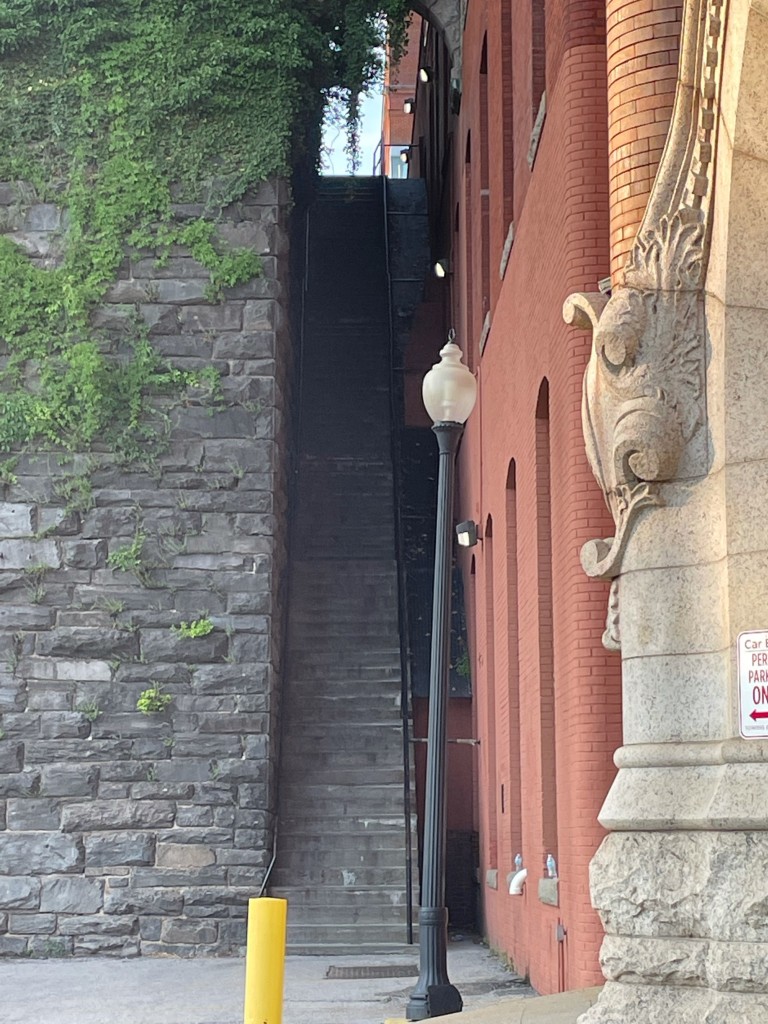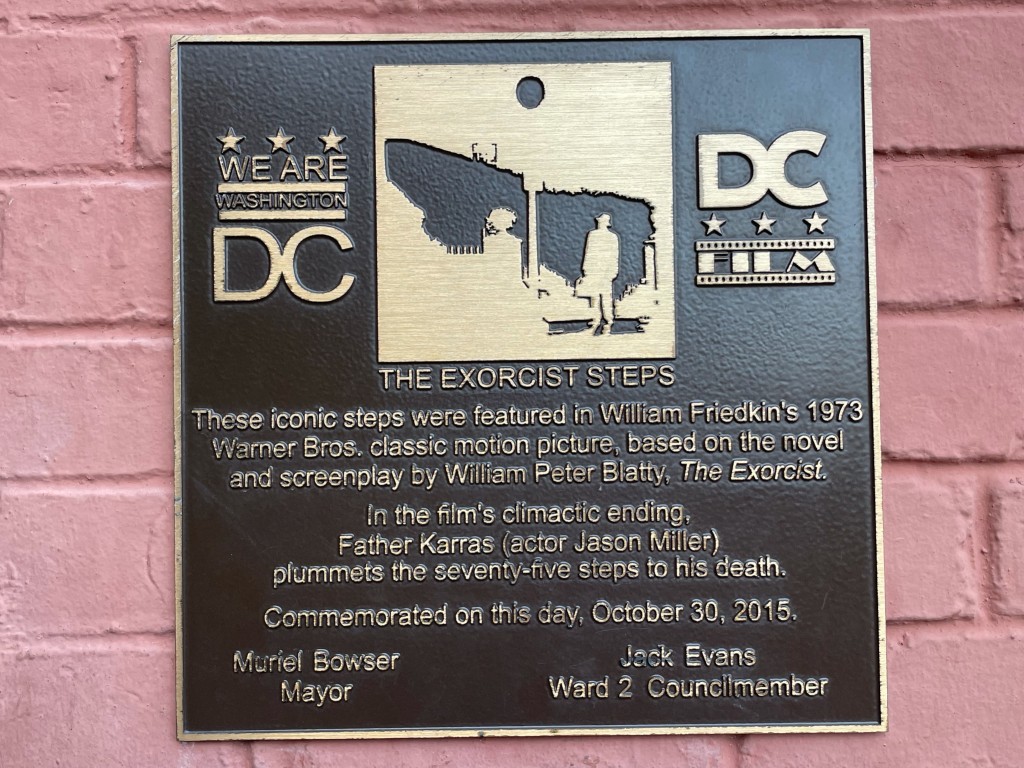
Revelation 8
1 When the Lamb opened the seventh seal, there was silence in heaven for about half an hour. 2 Then I saw the seven angels who stand before God, and seven trumpets were given to them. 3 And another angel came and stood at the altar with a golden censer, and he was given much incense to offer with the prayers of all the saints on the golden altar before the throne, 4 and the smoke of the incense, with the prayers of the saints, rose before God from the hand of the angel. 5 Then the angel took the censer and filled it with fire from the altar and threw it on the earth, and there were peals of thunder, rumblings, flashes of lightning, and an earthquake.
There is one very famous piano piece that I can play and I can play it just as well and as powerfully as the one who wrote it. John Cage composed the piece in 1952. It is entitled 4’33”.
Please understand that I am not exaggerating. I really can play 4’33” as well as John Cage. This piece has been performed with either just a piano or with a full orchestra and it has been performed in music halls over the years both large and small.
And I can play it. Perfectly. I mean that literally.
4’33” is 4 minutes and 33 seconds of…silence. Here is a description of the premier of the piece.
The premiere of the three-movement 4′33″ was given by David Tudor on August 29, 1952, in Maverick Concert Hall, Woodstock, New York, as part of a recital of contemporary piano music. The audience saw him sit at the piano and, to mark the beginning of the piece, close the keyboard lid. Some time later he opened it briefly, to mark the end of the first movement. This process was repeated for the second and third movements.[1]
You can see various renditions of Cage’s 4’33” on YouTube. In all of them, if they are faithful to Cage’s instructions, the pianist sits in silence before his or her instrument for 4 minutes and 33 seconds. Then the piece is over.
It is an interesting idea and very much in line with the odd person that was John Cage. But there may be some truth in it. The Christian musician John Michael Talbot has argued that the space between the notes is as important as the notes in a song, that the silence is as important as the sounds. That too is likely the case.
Regardless, the fact remains that people by and large do not know what to do with silence, especially when they expect sound. To watch an entire performance of Cage’s 4’33” is to prove that point. It is a strange and uncomfortable experience and I would encourage you to do it!
It is said that 4’33” was Cage’s most controversial piece. I can imagine why! But this much is certain: it is not the most controversial example of silence ever. That might go to the first verse of Revelation 8 which depicts silence in Heaven….for around 30 minutes!
What can this mean? Why does Heaven sit silently for thirty minutes when so much (a) has happened leading up to this moment and (b) is about to happen after it?


